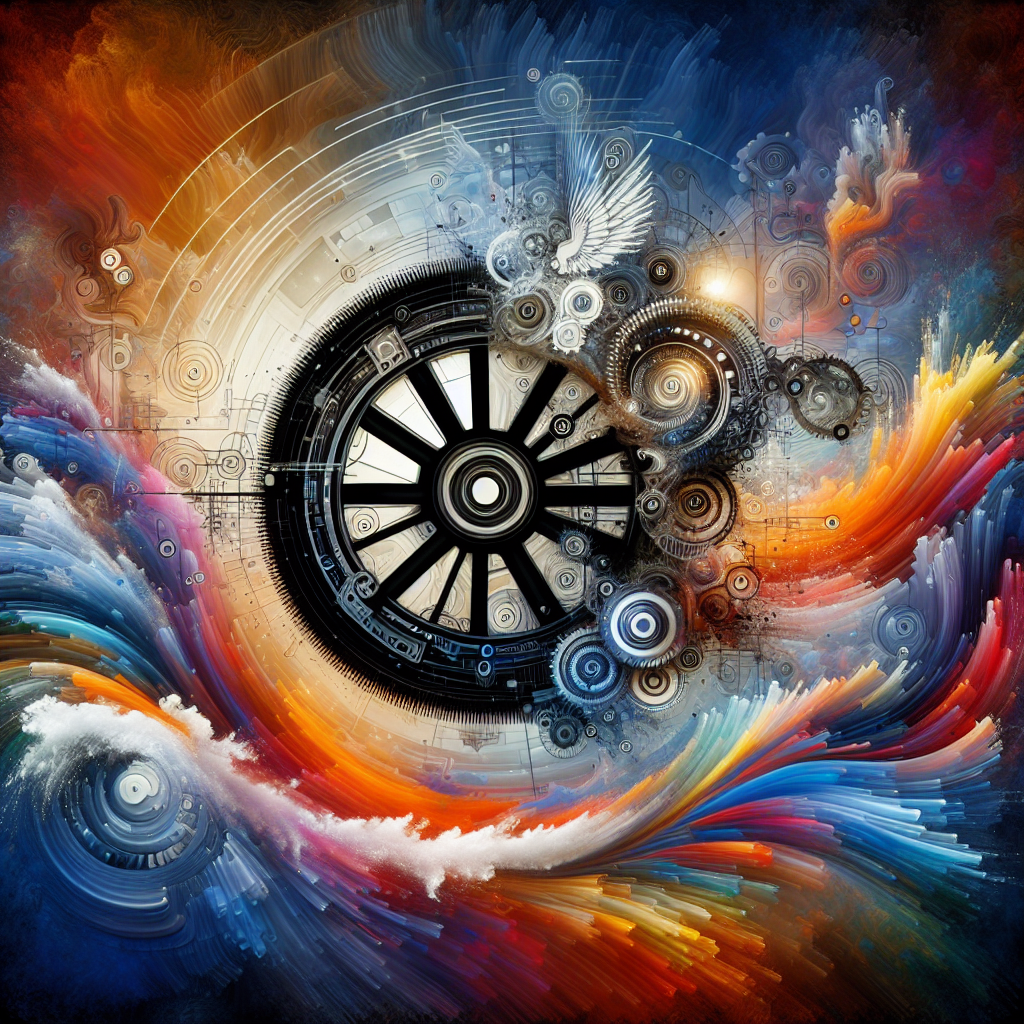The AI Renaissance: How Technology is Inspiring Creativity
In recent years, artificial intelligence (AI) has made significant advancements in various fields, including art, music, literature, and design. These advancements have sparked what many are calling the “AI Renaissance,” a period marked by the use of AI to inspire and enhance human creativity. From generating original artwork to composing music, AI is revolutionizing the way we create and consume art.
One of the most notable examples of AI’s impact on creativity is in the field of visual art. AI algorithms have been trained on large datasets of paintings, photographs, and other visual media to learn patterns and styles, allowing them to generate original artwork that mimics the style of famous artists like Van Gogh or Picasso. These AI-generated artworks have been met with both praise and criticism, with some arguing that they lack the emotional depth and human touch of traditional art, while others see them as a new form of artistic expression.
In music, AI has also made significant strides in recent years. AI algorithms can now compose original music in various genres, from classical to pop to electronic. These algorithms can analyze existing music to learn patterns and structures, allowing them to create compositions that sound like they were written by human composers. Some musicians and producers are even using AI to assist them in the creative process, helping them generate new ideas and melodies that they may not have thought of on their own.
In literature, AI has been used to generate original stories, poems, and even novels. AI algorithms can analyze large datasets of text to learn patterns and styles, allowing them to create coherent and engaging narratives. While AI-generated literature may not yet match the complexity and depth of human-written works, it is certainly a promising tool for writers looking to overcome creative blocks or explore new ideas.
In design, AI is being used to generate original designs for products, buildings, and even fashion. AI algorithms can analyze existing designs to learn patterns and styles, allowing them to create new designs that are both innovative and aesthetically pleasing. Designers and architects are increasingly using AI to assist them in the creative process, helping them generate new concepts and iterate on existing designs more efficiently.
Overall, the AI Renaissance is a testament to the power of technology to inspire and enhance human creativity. AI is not replacing human creativity, but rather augmenting it, providing new tools and techniques that can help us push the boundaries of what is possible in art, music, literature, and design. As AI continues to advance, we can expect to see even more exciting and innovative uses of technology in the creative process.
FAQs
Q: Can AI truly be creative?
A: While AI algorithms can generate original artwork, music, literature, and design, the question of whether AI can truly be creative is still up for debate. Some argue that true creativity requires emotions, intentions, and consciousness, which AI lacks. Others believe that creativity is simply the ability to produce something new and valuable, which AI algorithms are certainly capable of doing.
Q: Can AI replace human artists?
A: While AI can assist human artists in the creative process, it is unlikely to replace them entirely. Human creativity is complex and multidimensional, involving emotions, intentions, and personal experiences that AI algorithms cannot replicate. AI is a tool that can help artists explore new ideas and push the boundaries of what is possible, but it is unlikely to replace the human touch in art, music, literature, and design.
Q: Are AI-generated artworks considered true art?
A: The question of whether AI-generated artworks are considered true art is a subjective one. Some argue that art is a form of expression that comes from the human experience, while others see AI-generated artworks as a new form of artistic expression. Ultimately, the value of AI-generated artworks depends on the context in which they are created and the intentions behind them.
Q: How is AI impacting the creative industries?
A: AI is impacting the creative industries in various ways, from assisting artists and designers in the creative process to creating new opportunities for innovation and collaboration. AI is enabling artists, musicians, writers, and designers to explore new ideas, push the boundaries of what is possible, and reach new audiences. As AI continues to advance, we can expect to see even more exciting and innovative uses of technology in the creative industries.

